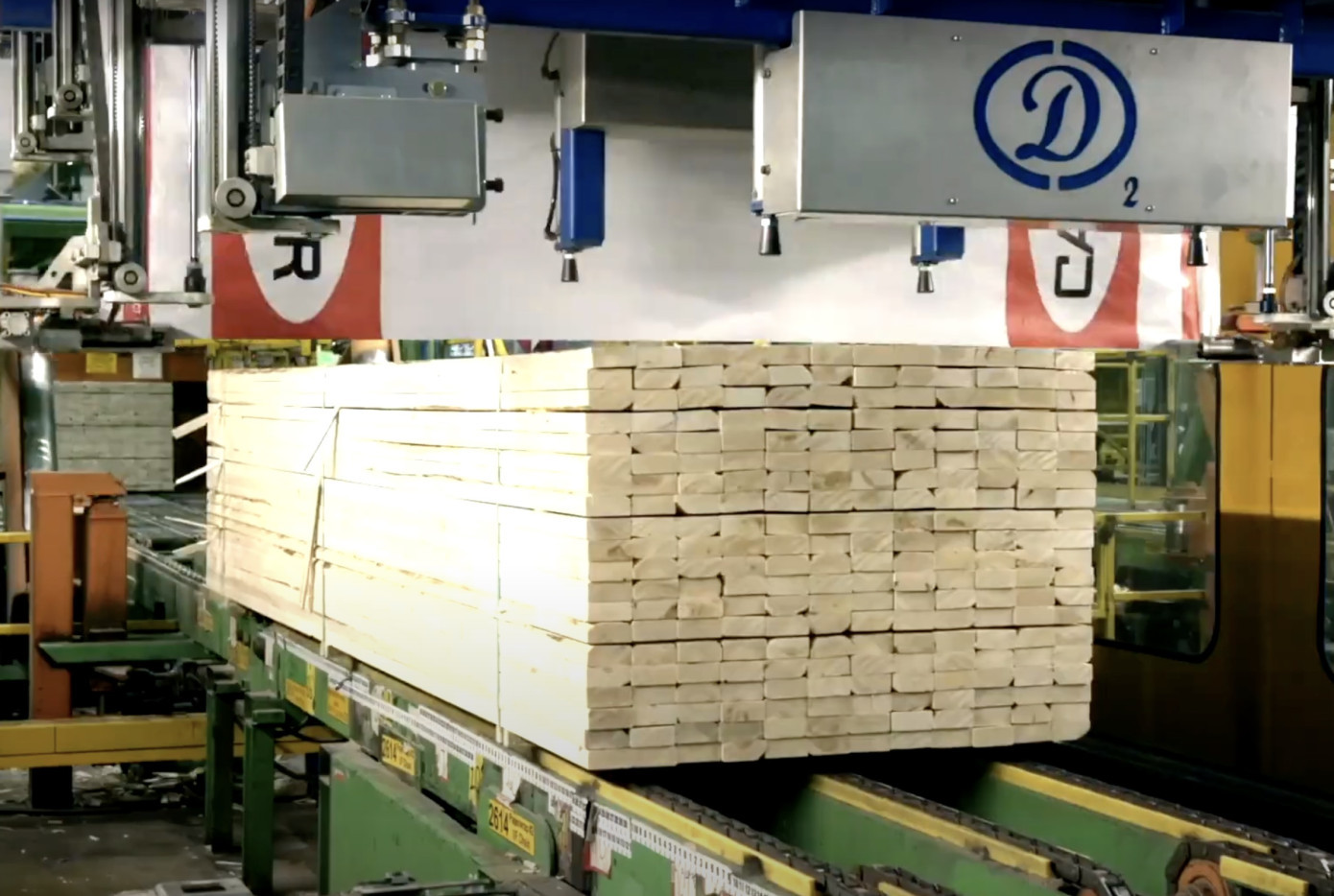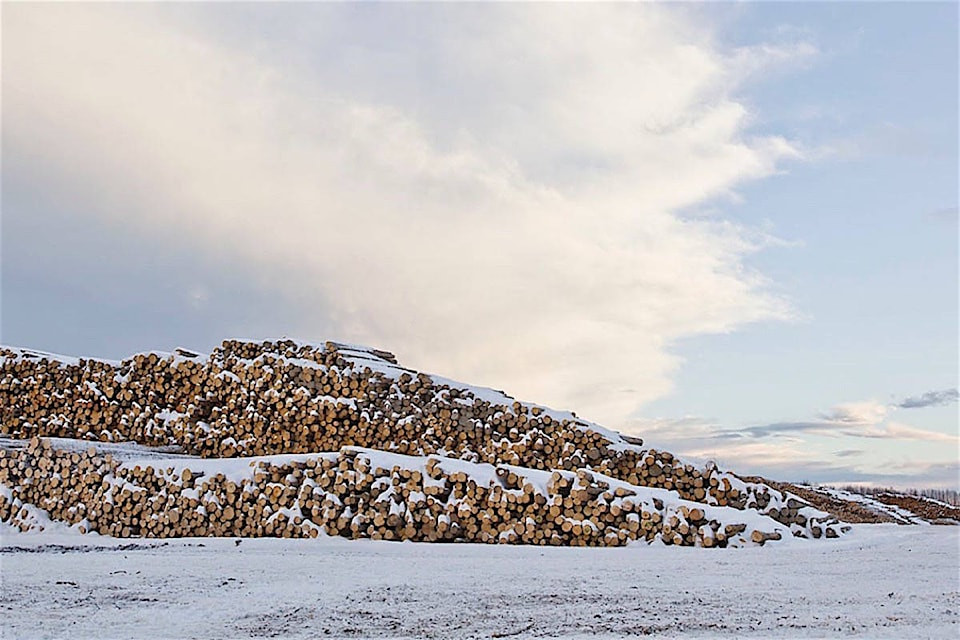Canfor Shuts Down Two B.C. Sawmills, Blaming US Tariffs and Timber Access
Canfor Corporation, a major lumber producer, has announced the closure of two sawmills in northern British Columbia, impacting approximately 500 employees. The company cited the persistent challenge of accessing economically viable timber, ongoing financial losses, weak lumber markets, and increased US tariffs as reasons for the decision.
The closures, affecting the Plateau mill in Vanderhoof and the Fort St. John operation, will remove 670 million board feet of annual production capacity from Canfor's B.C. operations. The decision marks a significant blow to the province's forest industry and the communities reliant on these mills.
Impact on Workers and Communities
The news of the closures has been met with shock and sadness by local communities. Fort St. John Mayor Lilia Hansen stated that the announcement is a “significant hit” to the community and the families directly affected. She emphasized the city council's commitment to advocating for improved regulatory conditions to support the local economy and workforce.
Peace River North MLA Dan Davies called the closures “an unbelievable turn of events” and criticized government forestry policies. He expressed his sympathy for the families impacted by the closures, highlighting Canfor’s longstanding presence in the community.
Challenges in the Lumber Industry
Canfor President and CEO Don Kayne acknowledged the company's 85-year history in B.C., emphasizing their commitment to supporting jobs and economic activity in the province. However, he stated that the company has faced significant challenges in recent years, including “increasing regulatory complexity, high operating costs and the inability to reliably access economically viable timber.” These factors, he said, have resulted in “hundreds of millions of dollars of losses” in Canfor's B.C. operations.
Kayne further pointed to the “punitive” U.S. tariffs imposed on softwood lumber last month as a major contributing factor to the decision to close the mills. The tariffs, which nearly doubled to 14.54 per cent, were deemed unfair and unwarranted by the Canadian government.
Uncertain Future for B.C.'s Forest Industry
The closures raise concerns about the future of B.C.'s forest industry. While Canfor has stated that it is committed to supporting its employees and working with union partners on a transition plan, the impact on the affected communities is undeniable. The closures also signify a broader trend of challenges facing the lumber industry, including timber access, regulatory complexities, and market fluctuations.
Canfor's decision to explore opportunities to divest some of its northern B.C. tenure, which could support other B.C. forest companies facing similar challenges, suggests a shift in the industry's landscape. The closures and the company's future plans highlight the need for a comprehensive approach to addressing the challenges facing the forestry sector in B.C. to ensure its continued viability.
A Devastating Blow
The decision to close the Plateau and Fort St. John mills is a devastating blow to workers and communities in northern British Columbia. The closures underscore the complex and interconnected challenges facing the lumber industry, from timber access and regulatory complexities to global market fluctuations and international trade disputes. The future of B.C.'s forest industry hinges on finding sustainable solutions to these challenges, ensuring the long-term viability of a vital sector for the province's economy and its communities.


















